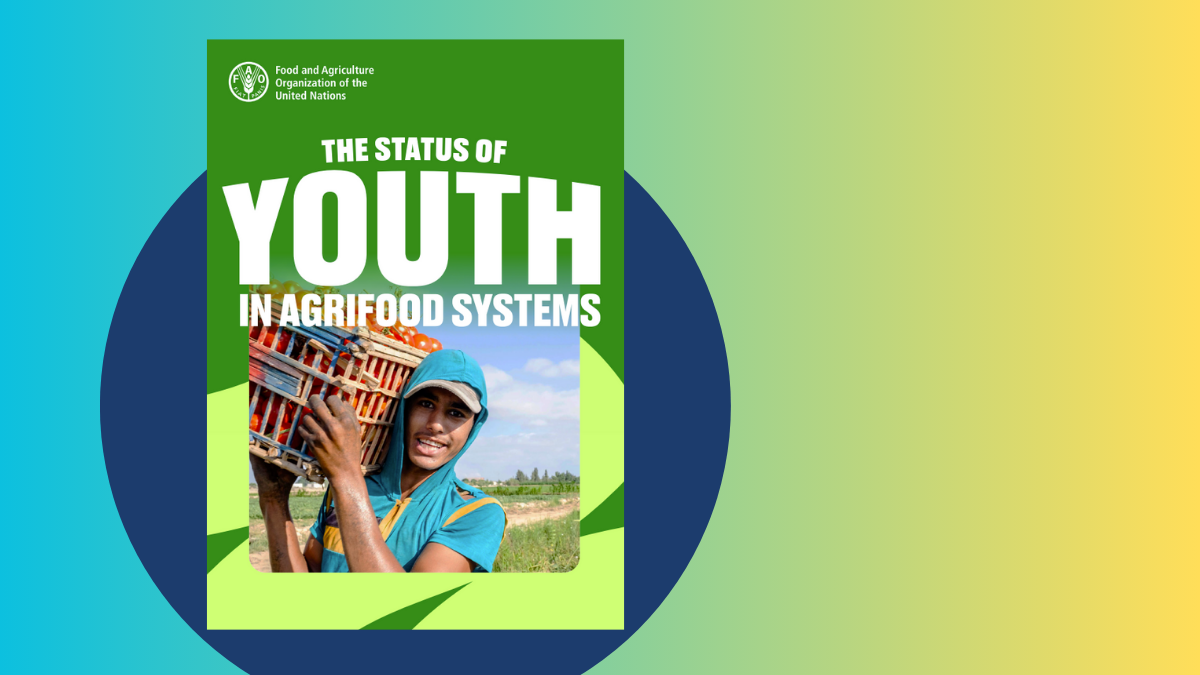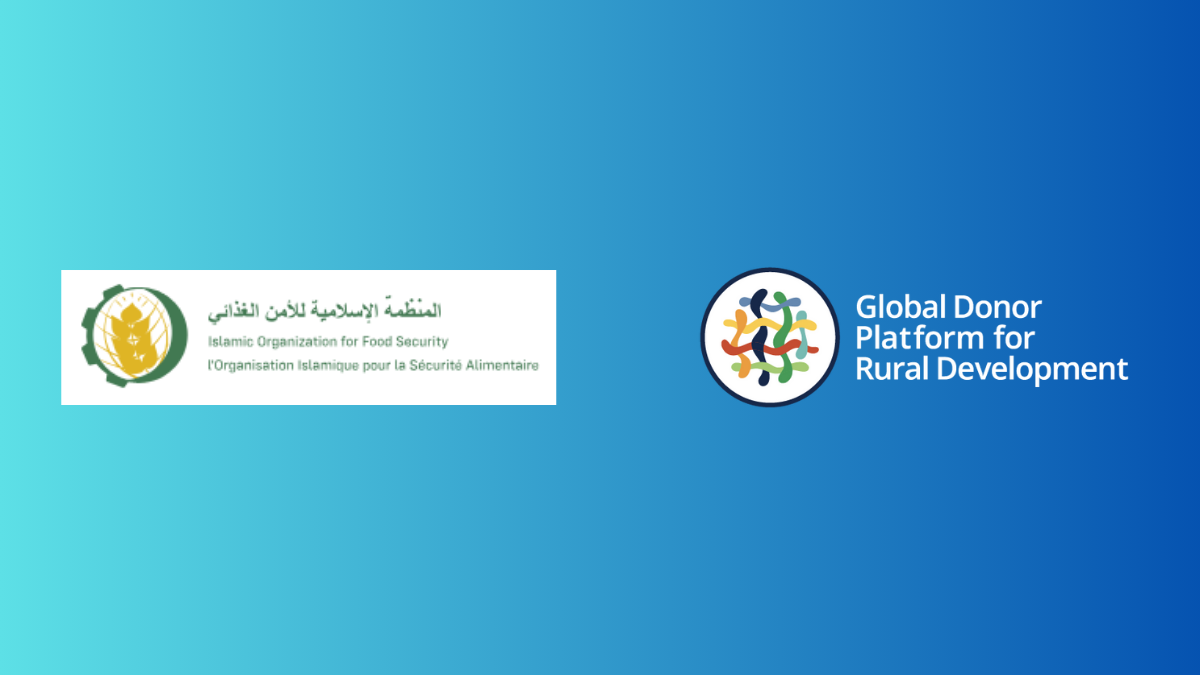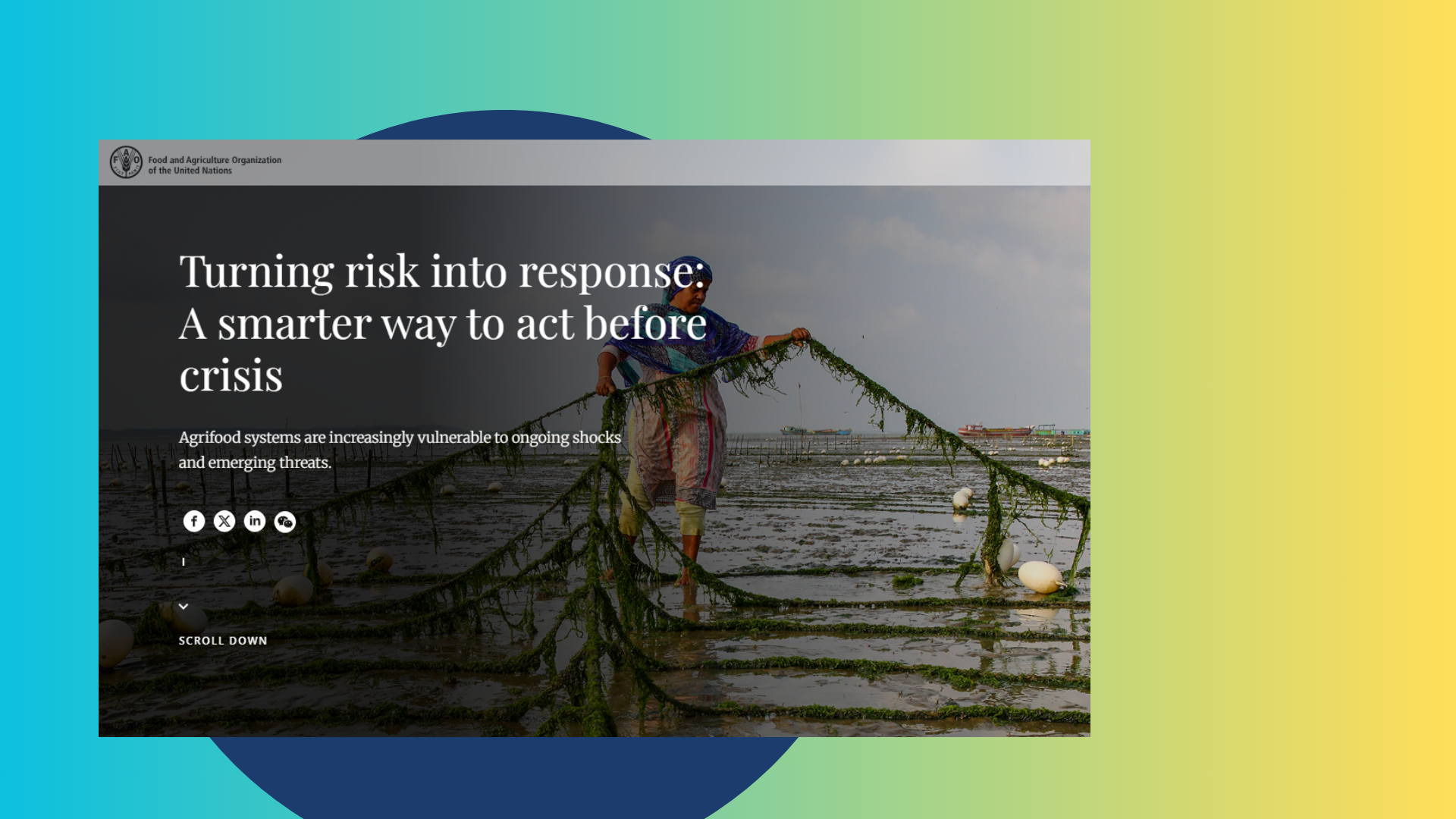Development Partners Perspectives
Regional integration and agro-food value chains are a priority for African countries. Back to back with the 12th CAADP partnership platform, the African Union, Global Affairs Canada and UNDP convened an experience sharing workshop with Development Partners, Private sector, REC’s and UNDP regional agro-food value chain projects. The perspectives from development partners were offered by DFID, Global Affairs Canada, USAID, GIZ, EU, UNECA all of whom are members of the Platform with the exception of UNECA.
The take home message from development partners was that partnerships (public-public, public-private, private- private etc.) must be the driving force, accompanied by innovation in science and technology with business models which recognise climate change, to support agricultural development.
Development partner experience
The EU spoke about the importance of blended finance to engage with business for agricultural growth. Beyond public financing, additional investment is needed to enhance the development impact of the interventions and achieve impact at scale. The Agriculture Financing Initiative (AfriFI) is an EU-initiative to improve the capacity to bear risk using public money by financing actions that have a clear development impact on smallholders with limited market orientation – vulnerable groups, women and youth, farmers and entrepreneurs.
EU support will contribute to “de-risking” the investment and therefore close a financing gap. Global Affairs Canada, represented by Platform focal point Nikita Eriksen – Hamel explained that territorial development, value chains, farming systems and food systems make up the four components which Canada uses to ensure an inclusive model. Without inclusiveness, it is not assured that being part of a value chain will contribute to ending poverty. For example women’s participation cannot just be concentrated at the production/early stage of the chain but instead all through the chain. GIZ gave examples of their Competitive African Cotton Initiative (COMPACI), the Competitive African Rice Initiative (CARI), and African Cashew Initiative (ACi) among others. Each of these projects is an example of broad-based multi‐stakeholder partnership in development cooperation.
In January 2016, the Platform invited the Aid by Trade foundation to present the Cotton Made in Africa initiative which operates under the framework of COMPACI as one of the Platform Annual General Assembly’s discussion groups. DFID used the cases of two of their initiatives Food Trade East and Southern Africa whose vision is to unlock trade across borders and the region to get more food to more people at an affordable and consistent price, and the West Africa Food Markets Program (WAFM) which is expected to improve the trade of maize, millet, sorghum, cassava/gari in the Ghana – Burkina Faso and Niger – Nigeria corridors. Both of these initiatives have a strong focus on the participation of the private sector. In the case of West Africa, the five-year initiative is operating as a broker and facilitator in staple food markets, providing incentives and resources to support businesses in launching pro-poor innovations and to catalyse policy and regulatory reforms. The East and Southern Africa initiative works with the private sector and relevant institutions to innovate in areas such as improved storage, inputs and service markets, information and coordination mechanisms and policy and regulation with the aim to get more people trading in regional staple food markets. USAID West Africa used their example of their Feed the Future strategy, focusing on the livestock value chain in which they are working to create formal market linkages with wholesalers of fattened cattle in coastal cities, expand livestock fattening network to Niger and Northern Nigerian market, and establish a livestock MIS platform to be managed by a regional value chain partner.
UNECA announced that they are conducting a study that links climate change to value chains by measure of GHG emission analysis. For example they have found that irrigated rice produces far more emission than rain fed rice and so this analysis should be considered into value chains. It was summarised that the coordination and alignment of development partner initiatives should continue to have a strategic direction towards CAADP implementation where regional agro-food value chains are critical for delivery on the Malabo goals.
Links
Downloads
Latest News
Open Sans Regular 20/ 30 Deck 2_ Color #71777DLorem ipsum dolor sit amet, consetetur sadipscing elitr, sed diam nonumy eirmod tempor invidunt ut labore et dolore magna



